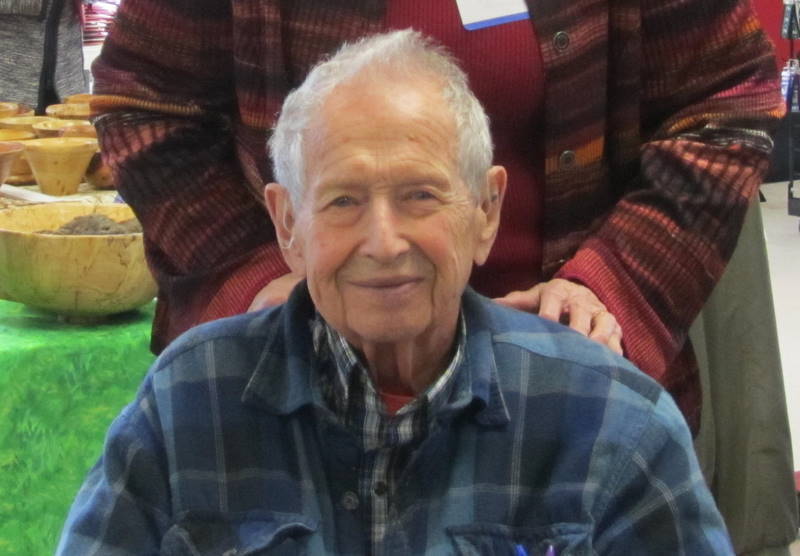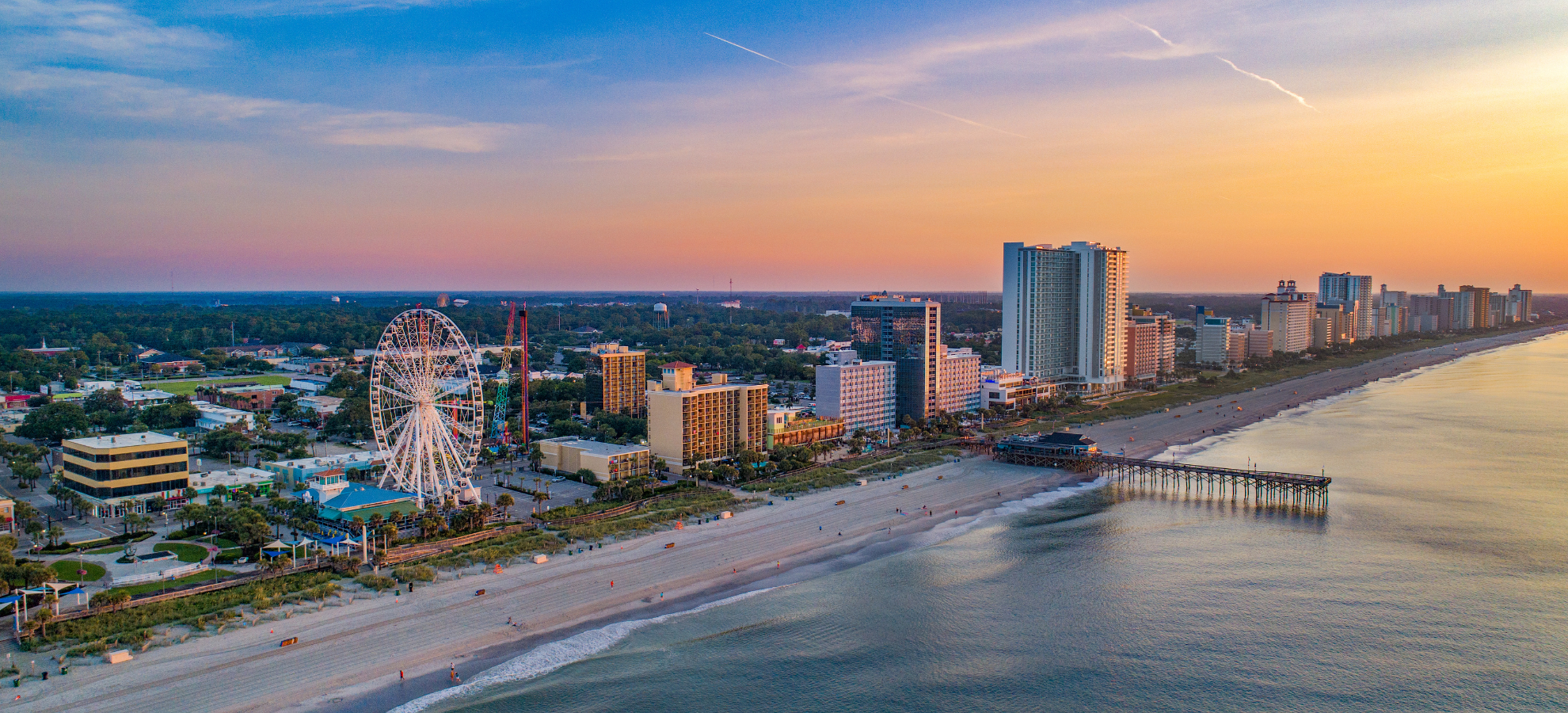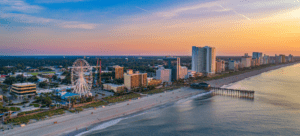WWII Naval Veteran and Electrical Engineer
Celebrate Our Veteran gives voice to the stories of the U.S. military veterans living amongst us. The actions of these brave and dedicated people, who have served our country both in active military duty as well as administrative positions, have and continue to contribute to the protection and preservation of us and our country.
We hope that this section of our paper is an opportunity for our community to hear and see veterans with new eyes, and for veterans to receive recognition and honor for their experiences and life journeys.
This month’s Celebrate Our Veteran recounts the story of Norton Davis, as told in his own words. This is the final chapter of a three-part series, continued from last month. Click here to read Part 2.
by Melissa LaScaleia
“So I came up with a suggestion I thought would help.
I asked: “Why does each involved agency, division, and branch of the Corps have to send someone to the factory separately to check the equipment, then go back to the office, have meetings, then write reports, then circulate the reports, and, finally, after more meetings, either approve or not? Months could go by. Why can’t we all go through the factory together at the same time, each with a decision maker— and before we leave, we’ve either given them authority to proceed, or we tell them exactly what needs to be done to get the OK?”
I wrote it up as a suggestion, dropped it into the “Suggestion Box,” and waited. Somebody read my suggestion, and in the way the government works, they called me, and said, “Your suggestion is approved. You’re in charge. Make it happen.”
So I set everything up. The contracting officer came to the meeting too. The contracting officer is the military man responsible for the equipment: he keeps things on track and is the one who authorizes acceptance and payment.
He was great to work with and he was great at cutting red tape. He and I had worked together on other projects.
The meeting went from step to step and everybody finally approved it. But then the company had a problem.
This company had done a lot of military work over time, almost all with the navy. So much so, that the navy had assigned a navy inspector to their plant full time. When they needed an army inspector for Signal Corps work, they wrote a letter to headquarters and in thirty days one would come. I said to the contracting officer, “Can we use the navy inspector on our job and you figure out a way to get them paid?”
“Sure,” he said, without a moment’s hesitation.
There was a ship going to Korea in five months. The general wanted 500 units on that ship. Everyone made it work. No words can describe our feelings when we learned that the boxes of equipment were on the train headed west.
We all identified with the pilot. He could have been any one of us, and the guy who pulled him out deserved a medal.
As soon as peace talks began, I resigned. I would do whatever was necessary in wartime, but I was too much of an entrepreneur to be happy as a career government worker.
I built a sweater manufacturing factory in New Jersey, eventually employing 100 workers and shipping up to 15000 sweaters a week.
In 1976, at age fifty, I retired, moved my family to a farm in Vermont, and volunteered for IESC.
IESC, International Executive Service Corps, was founded by David Rockefeller, the banker brother of Chase Manhattan bank, and Sol Linowitz, who started Zerox.
President Johnson gave it a White House kick off. IESC recruited retired people who were in good health, at the top of their working abilities, and free to travel. Our wives or husbands were sent as well.
We spent three months in a third world country, working in a privately owned factory or wherever, teaching them what we know how to do. I was sent to sweater factories.
Another, a retired University of Tennessee Professor, was sent to Egypt and taught them how to raise crops in the desert, without the crops being destroyed by worms and other pests.
IESC made a contract with our State Department and became a part of US Foreign Aid (USAID). For about fifteen years, my wife and I traveled all over the world— the Far East, Middle East, Eastern Europe, South America and Africa, with our own projects.
In each case, we understood that we were probably the only Americans that these people would ever see or have contact with, and America would be judged by our behavior.
In addition to our teaching, we were there to make friends for our country and its institutions. IESC had a large presence in Egypt, where my wife and I had five projects. Egypt had been an enemy of ours and had fought a war with our ally, Israel. We are now all good friends. Maybe IESC contributed to that. It is an ongoing thing.
I am still in contact with some of my old Egyptian clients, and others too. I see them whenever they come to the US. My projects did not hurt American jobs.
Clothing has not been made in America for a long, long time. I did help to switch some of our imports from China to other of our international friends, and also switched a Central American factory from Indian cotton to American grown and dyed cotton.
The more you travel, the more you realize how much we all are the same. People go to work each morning, they worry about their family, their health, food on the table, old age—there is no difference there. Where I have seen differences, great differences, is in the way we live, in our ingrained institutions and how our unique constitution frames our lives. We don’t just obey the constitution, we live by it.
Life is so much better here. Most poor Americans have a real roof and wood floors, running water, indoor plumbing, and probably a cell phone.
My mother lived as a child in a one room house with a dirt floor. My father, also from Europe, got to America in time to join our army and go back to Europe in WWI.
His captain signed his citizen papers which he earned while in the army in France. His love for America was boundless. I was taught to love our country before I was old enough to go to school.
Any final words of wisdom for future generations?
For those who can, travel and see what the other parts of the world are like— you’ll better understand what we are and have. My parents were both immigrants. I guess it took the fact that they grew up in a place of hatred to understand what America is.”
















